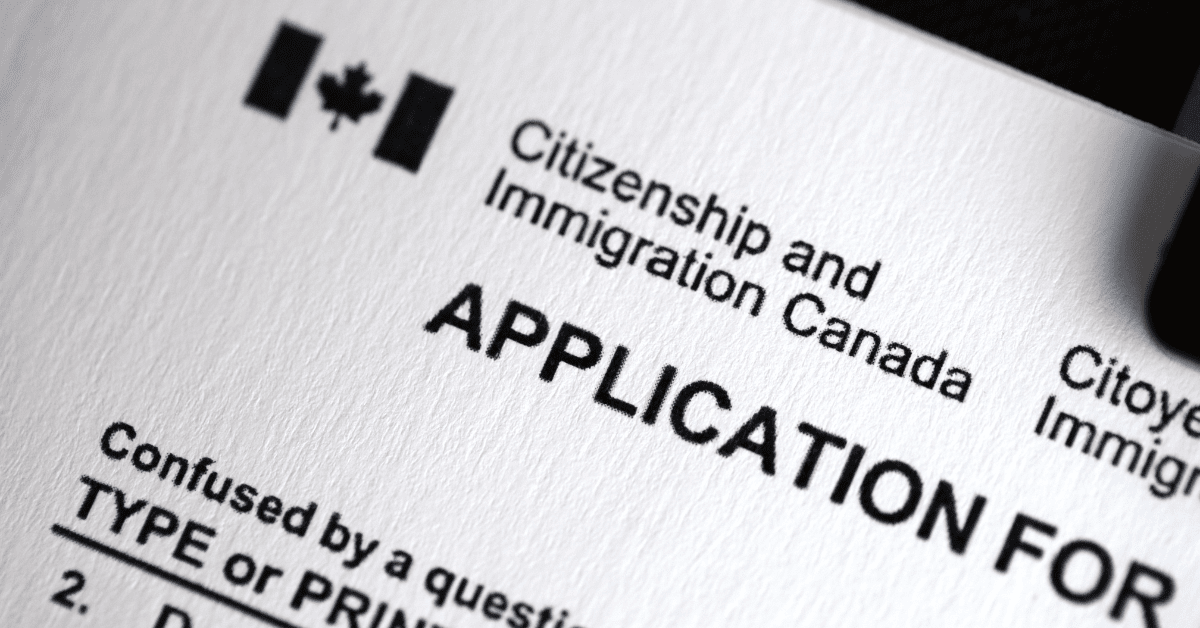Immigrating
Navigating the complexities of immigration to Canada requires a clear understanding of each step involved. From preparing your move and exploring provincial and Quebec-specific immigration programs to securing permanent residence and Canadian citizenship, it’s crucial to know your options.
Whether you’re considering business immigration, applying as a Federal Skilled Worker, or going through sponsorship or refugee pathways, understanding these processes ensures you make informed decisions. By learning about these avenues, you can better plan and achieve your goal of settling successfully in Canada.
Frequently Asked Questions about Immigration
Yes, in many cases, you can work in Canada while your application is being processed, especially if you have a valid work permit. Check the specific conditions of your application.
Provincial Immigration allows provinces to nominate individuals based on their needs, while Federal Immigration is managed by the Canadian government, offering broader eligibility criteria.
You can apply through several programs, including Express Entry, Provincial Nominee Programs, and family sponsorship. Each program has specific requirements and application processes.
Preparing for your move to Canada involves researching visa requirements, securing housing, understanding healthcare options, and arranging finances. Start early to ensure a smooth transition.
Featured Immigration Content

Immigrating
Canada Permanent Resident Immigration Fees Increase

Immigrating
Documents to Carry to Canada for PR

Immigrating
Canada Permanent Resident Immigration Fees Increase

Immigrating
How to Immigrate to Canada

Immigrating
Documents to Carry to Canada for PR

Immigrating
PR Process in Canada | Common Ways to Immigrate

Immigrating
What is Express Entry Canada?

Immigrating
Startup Visa Canada: Another Route to PR





